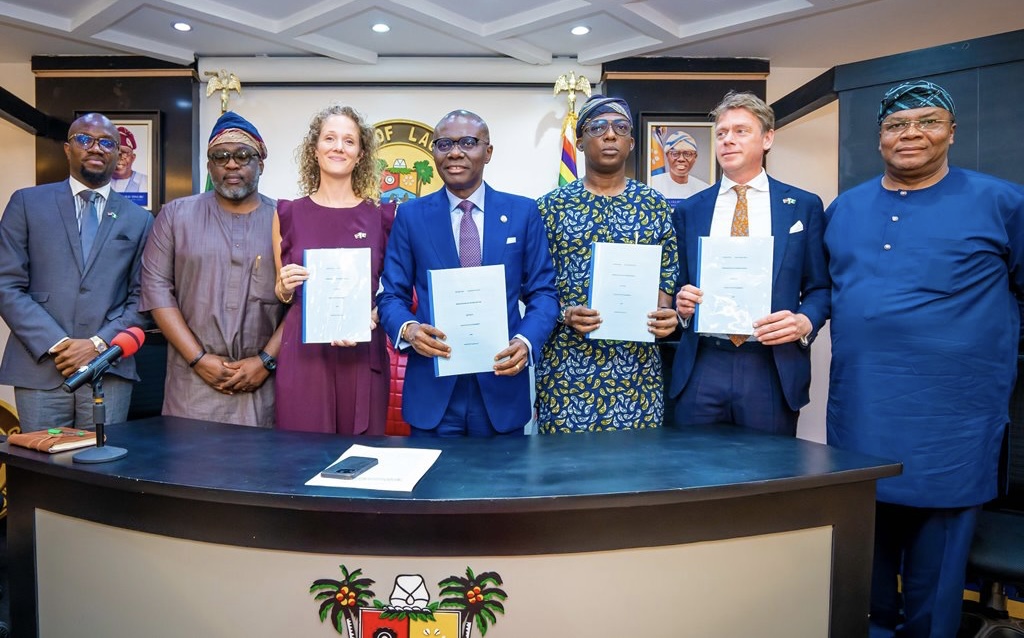Lagos State, the vibrant metropolis of Nigeria, has announced the construction of a new waste-to-energy plant that would generate enough electricity to power 40,000 households, marking a major advancement toward sustainability. In an effort to address waste management and energy supply issues in one of the cities with the greatest population worldwide, the Lagos State Government and the Dutch-owned Harvest Waste Consortium have teamed up on this massive project.
At a press conference, Governor Babajide Sanwo-Olu recently revealed the specifics of this creative project, stating that it is situated on the Epe garbage site. The facility is anticipated to process 2,250 tonnes of garbage per day and produce 60–75 MW of power yearly. This major energy output represents a significant improvement to the electrical grid in the area, resolving frequent power outages and boosting the expanding energy demands of Lagos’ vast population.
“A significant advancement in our waste management approach is represented by the construction of a high-efficiency waste-to-energy plant,” said Sanwo-Olu. He emphasized the project’s two main advantages, which are improved energy security and a significant decrease in the environmental effect of garbage disposal. The program aims to reduce 550,000 metric tons of CO2 emissions daily by diverting 95% of waste from landfills, improving the environment and air quality for Lagos residents.
In addition to demonstrating Lagos’ dedication to creative environmental solutions, the alliance with Harvest Waste Consortium represents a major advancement in drawing in foreign capital and specialized knowledge to the area. “This project will change the way we think about energy production and trash management,” Sanwo-Olu continued, highlighting the wider implications for urban sustainability and economic growth in Lagos.
The choice to build a waste-to-energy plant was made in reaction to Lagos’s worsening trash problem, which is caused by the city’s fast urbanization outpacing its infrastructure. Lagos, which has an estimated 20 million people living in a space of less than 100 square kilometers, faces serious environmental problems, such as excessive solid waste production and dangerously high air pollution, both of which have a negative influence on the population’s health.
According to a World Bank assessment, a variety of respiratory issues, flooding, and other public health issues are associated with Lagos’ pollution disaster. The World Bank stated that “it is estimated that at least 30,000 people die every year in Lagos due to pollution,” highlighting the important need for alternatives such as the waste-to-energy plant.
Governor Sanwo-Olu remains optimistic about the waste-to-energy plant’s beneficial effects on Lagos’ future. “It is evidence of our dedication to creating a more sustainable, healthier, and clean city for everybody,” he said. Lagos is on a promising path to transforming its waste challenges into a source of wealth and well-being, thanks to the full support of the Dutch government and the expertise provided by Harvest Waste Consortium.



